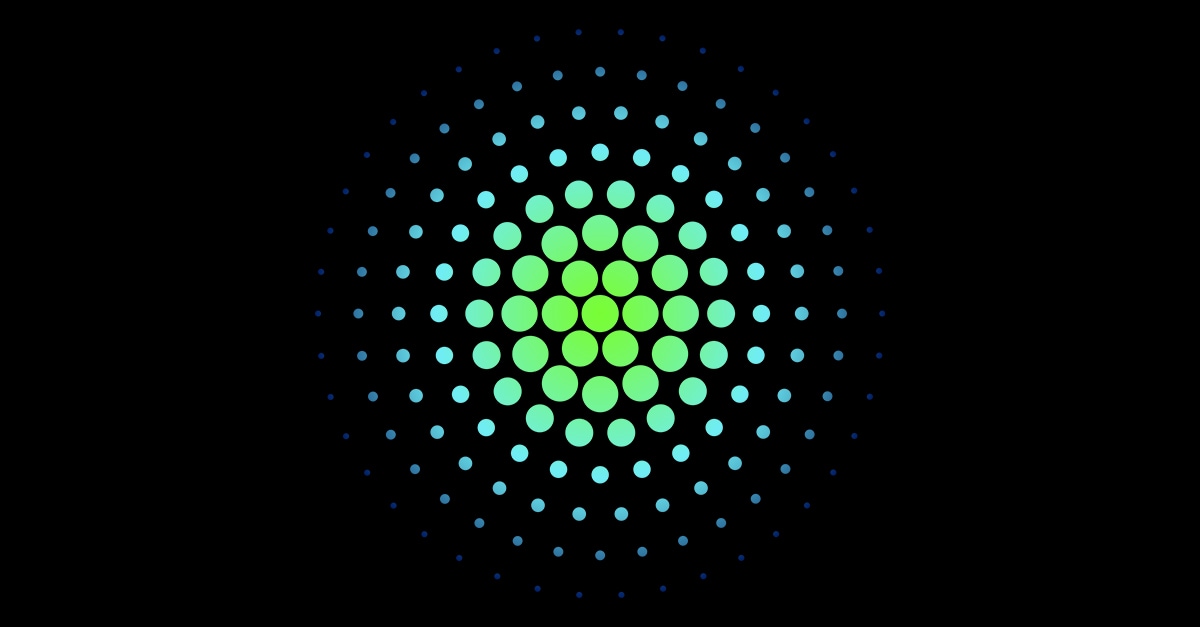Let’s make this work.
To view this video, change your analytics/performance cookie settings.
Insert Custom CSS fragment. Do not delete! This box/component contains code needed on this page. This message will not be visible when page is activated.
+++ DO NOT USE THIS FRAGMENT WITHOUT EXPLICIT APPROVAL FROM THE CREATIVE STUDIO DEVELOPMENT TEAM +++
Topic page promos custom CSS. Do not delete! This box/component contains JavaScript that is needed on this page. This message will not be visible when page is activated.
Services
-
Core Business Operations Services
Bringing new efficiencies to the heart of your business.
-
Human Capital
Deloitte’s Human Capital services leverage research, analytics, and industry insights to help design and execute critical programs from business driven HR to innovative talent, leadership, and change programs.
-
Cultivate evergreen value with AI and data
Deloitte’s AI & Data offering delivers people and solutions to cultivate your data as a strategic asset, integrate and scale your AI, and sustain your digital ecosystem - so you can keep innovating and growing.
-
Enterprise Performance services
Turn disruptive change into optimal enterprise performance and perpetual forward movement.
-
Consulting Services for Industries
Our industry consultants help address your most challenging issues by providing strategic, financial, operational, human capital, and IT services.









